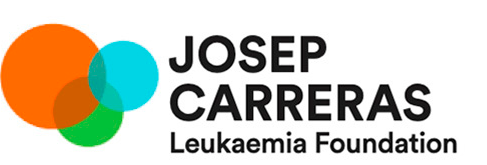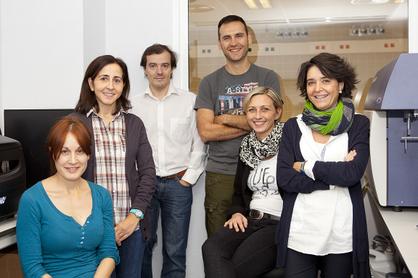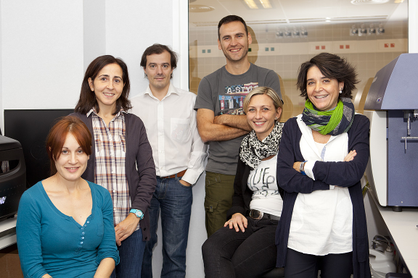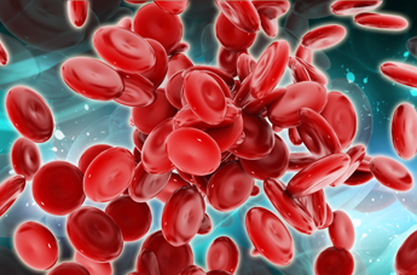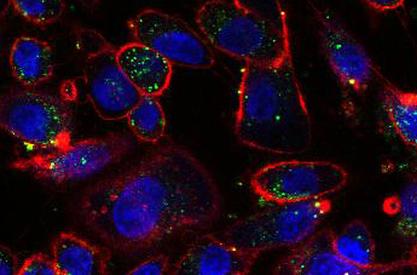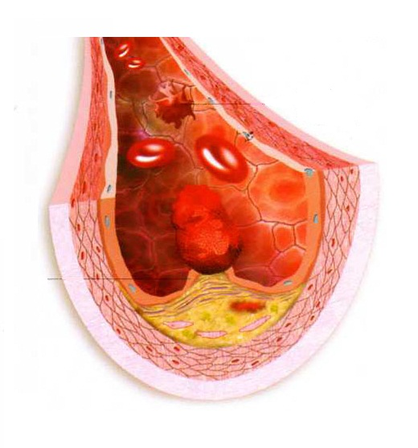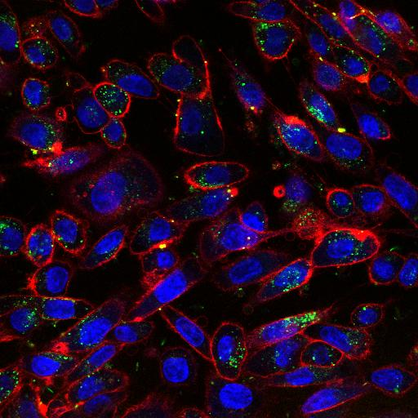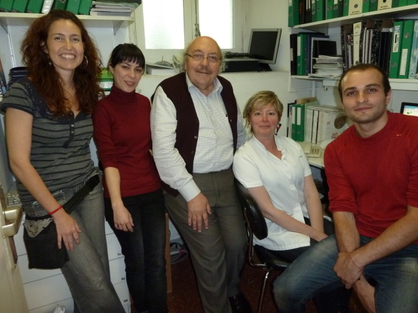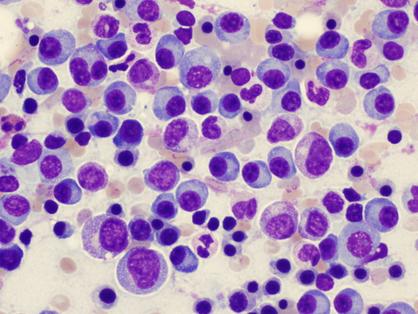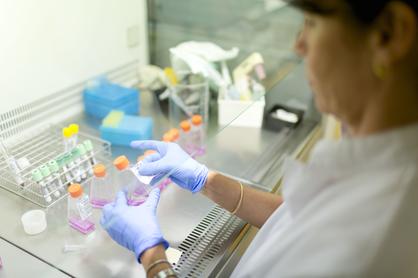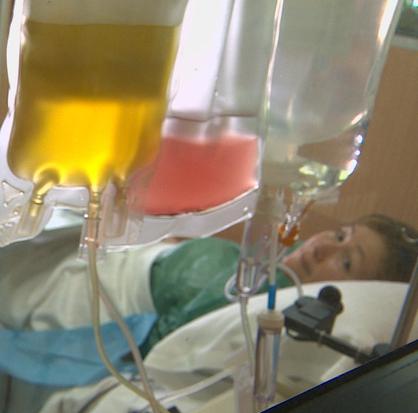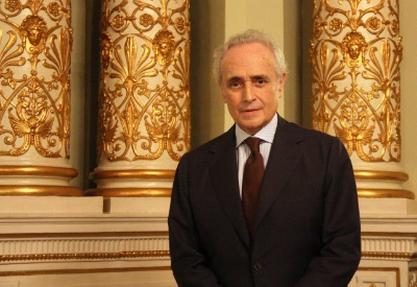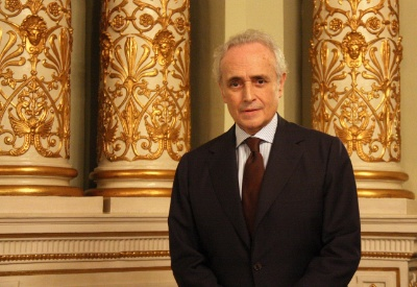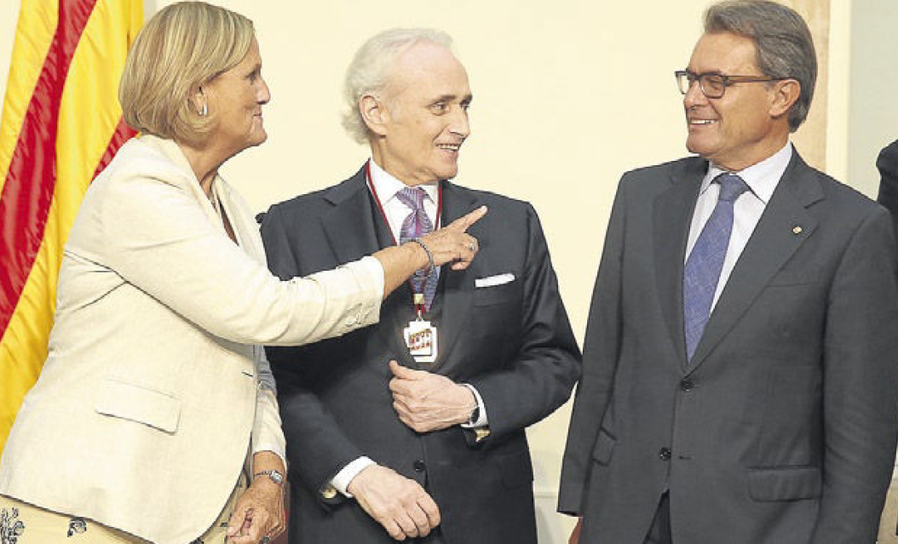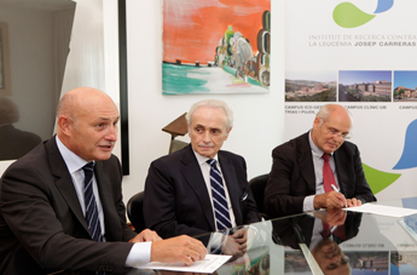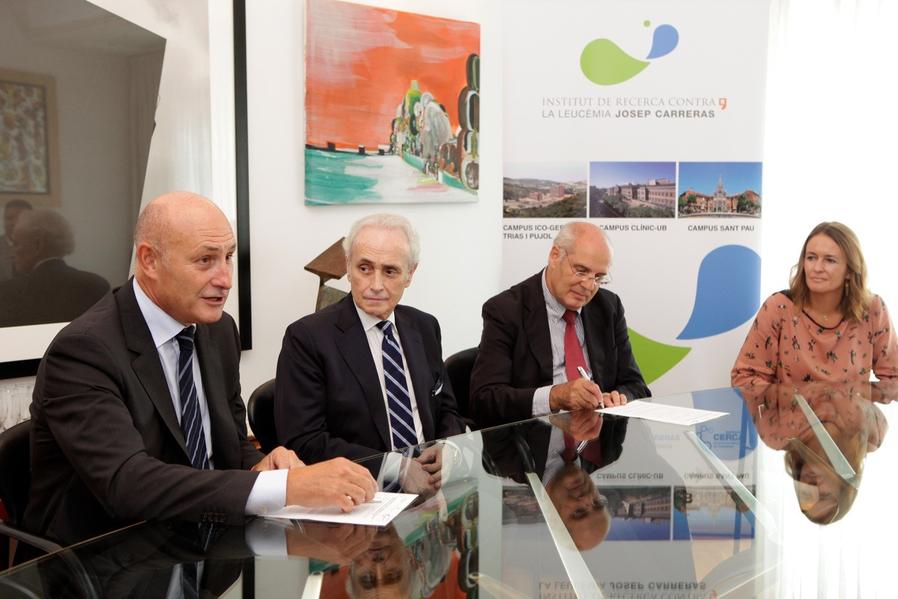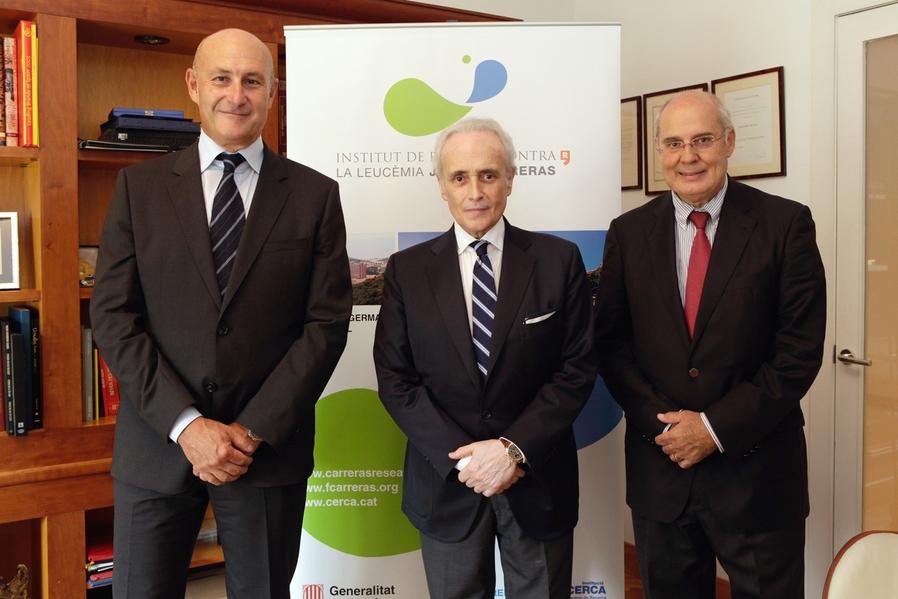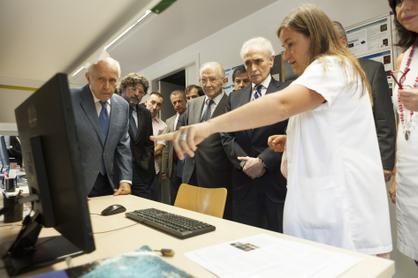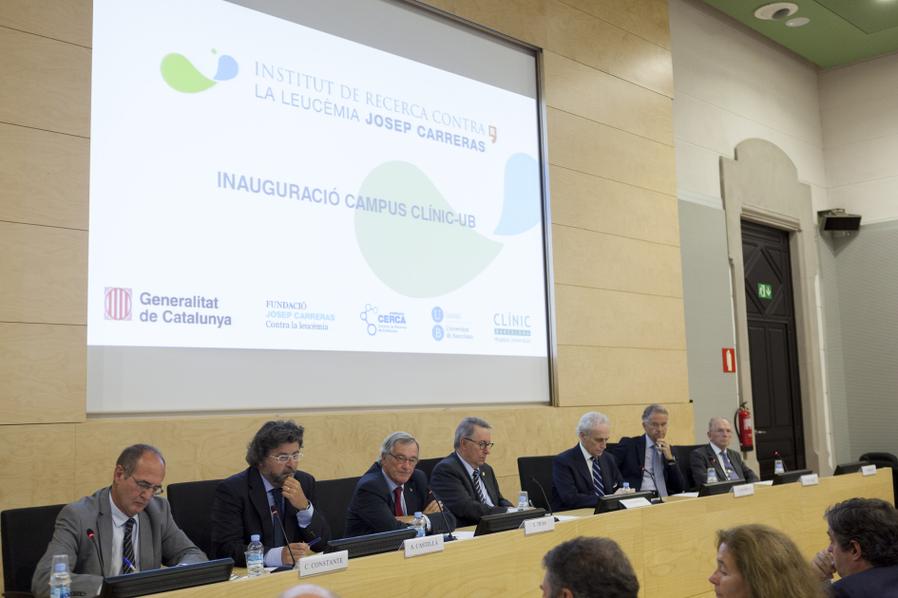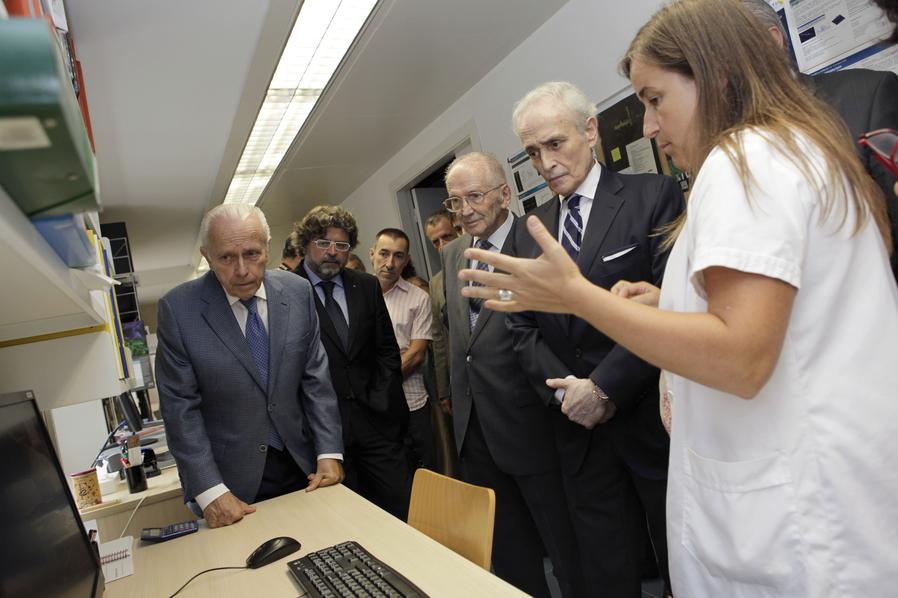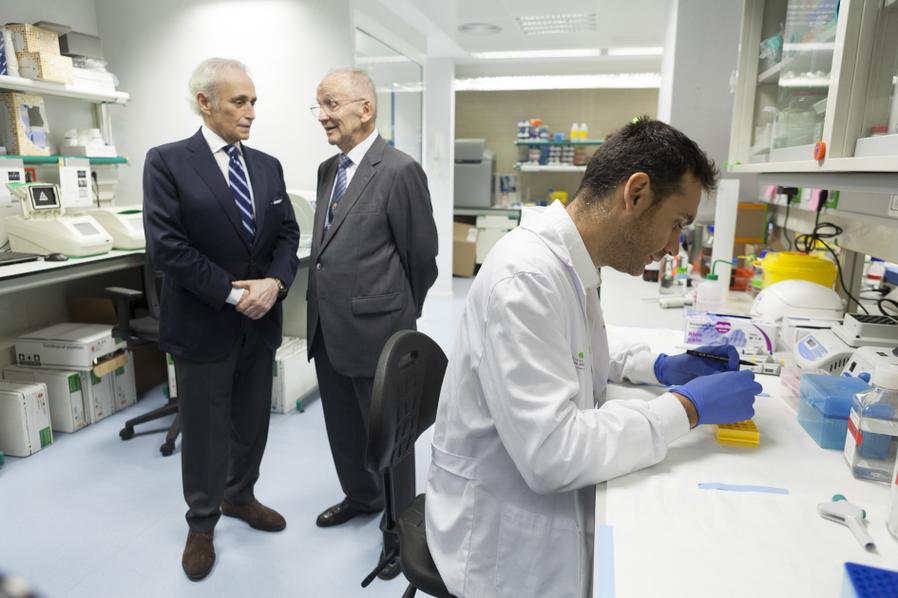Today, the Catalan Parliament, has awarded the Parliament’s Medal of Honour, the institution’s highest honour, to the tenor Josep Carreras, “in consideration of his relevant artistic career, as well as his civic action, which has made a profound impact on society, with the creation, 25 years ago, of the José Carreras Foundation against Leukaemia. With the cultivation of his talent and his vital testimony, Josep Carreras universally projects values of effort, excellence and solidarity.“
This award has been granted on September 9th, during an institutional act where the following figures have participates: Artur Mas, President of the Catalan Government, Núria de Gispert, President of the Parliament, Prof. Ciril Rozman, honorary member of the José Carreras Foundation and the journalist Xavier Bosch.
The Parliament’s Gold Medal of Honour is an award created by the bureau in 2000 and is awarded to individuals or institutions that deserve outstanding recognition. In previous years, the following people have been distinguished: Desmond Tutu, reverend and Nobel Peace Prize (2000); Michael Batllori historian and Jesuit priest, and, posthumously, Ernest Lluch, economist and politician (2001); Francesc Vendrell, UN representative in Afghanistan (2002); musician Jordi Savall (2003); Montserrat Trueta, president of the Catalan Foundation for Down Syndrome (2004); Adolfo Pérez Esquivel, Nobel Peace Prize and sculptor (2005); the musical group Els Setze Jutges (2007); illustrator Roser Capdevila (2010); former footballer and coach Josep Guardiola (2011); Òmnium Cultural and Caritas Catalonia (2012), and social activist Núria Gispert, chef Carme Ruscalleda and the biologist Anna Veiga (2013).
Josep Carreras
Born in Barcelona in 1946, Carreras studied music and began his professional career at the Gran Teatre del Liceu. He has performed worldwide in the most important theatres and festivals. His repertoire includes over sixty operatic roles and more than six hundred songs of diverse styles, and his discography, more than one hundred and fifty recordings. He has received numerous gold and platinum records and awards and honours all over the world. In 1992 he was the musical director of the Olympic Games held in Barcelona.
See complete biography here.
José Carreras Foundation against Leukaemia
With the help of a group of prestigious scientists and business men, and the support of his family, Carreras created, in 1988, the José Carreras Foundation against Leukaemia, in Barcelona, after overcoming the disease himself. Later, other José Carreras Foundations against Leukaemia were formed in the United States, Switzerland and Germany. The primary objective of the Foundation is to ensure that, one day, the disease becomes one hundred percent curable, which is why scientific research is a cornerstone of its activity. Other areas of action of the Foundation are research for bone marrow and umbilical cord blood donors, hospital infrastructures support, care for patients and families, and education and awareness of the disease.
More information about the Foundation’s programs here.
Since it was created, Carreras combines his professional activities with the chair of the Foundation, and organizes concerts to actively contribute to finance their projects.

